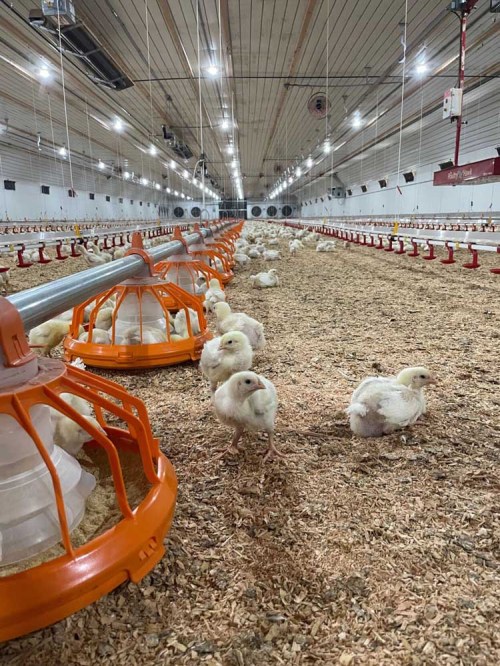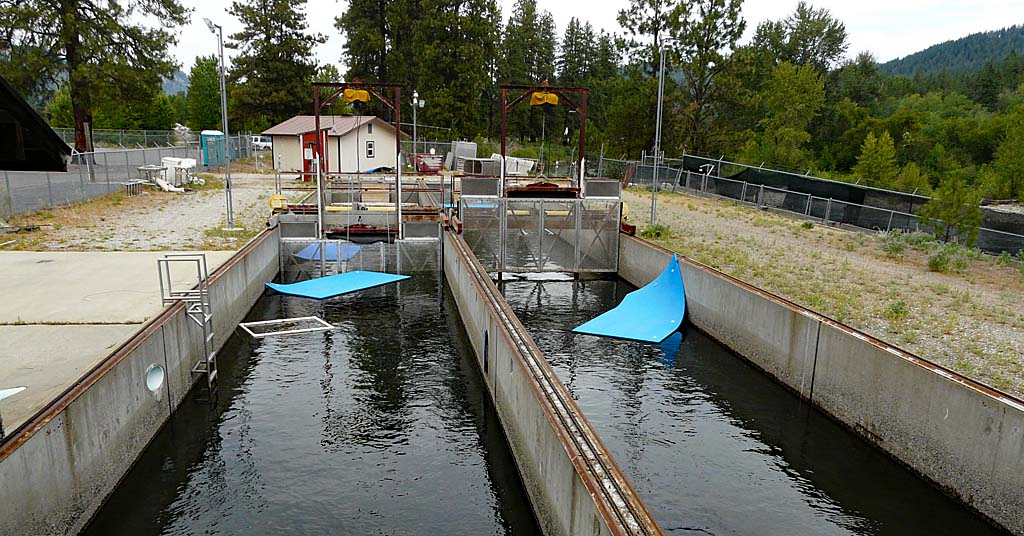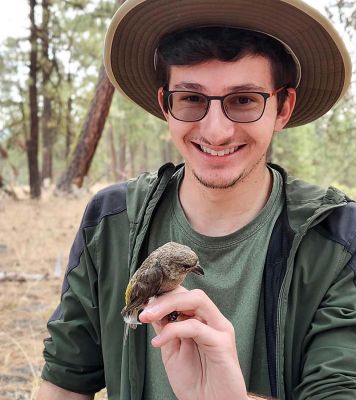Chicken CAFO controversy sparks interest in changing Oregon farm laws
Published 5:45 pm Tuesday, September 27, 2022

- Baby chicks wander around an Oregon poultry barn. Disputes over such facilities have sparked interest in changing the state's laws for livestock watering and the "right to farm."
Controversies over large poultry barns in Oregon’s Willamette Valley have sparked interest in revising state laws on livestock watering and the “right to farm.”
Three proposed chicken facilities in the region have caused alarm among neighbors and other critics who claim the state doesn’t adequately regulate such “confined animal feeding operations,” or CAFOs.
Trending
A legislative workgroup headed by Sen. Michael Dembrow, D-Portland, has discussed potential changes to statutes that exempt livestock operations from water right permitting and shield farming practices from lawsuits and local restrictions.
The ideas have worried the Oregon Farm Bureau, which warns that new regulatory burdens would further squeeze family farms and lead to “consolidation and corporatization” in the industry.
Allowing counties to regulate CAFOs could easily open the way for similar local restrictions on other crops and farms practices, said Mary Anne Cooper, the Farm Bureau’s vice president of government affairs.
Crops that are water-intensive, for instance, have also stirred controversy and could become a target for activists, she said. “The examples I could see our state moving to are endless.”
Under existing rules for CAFOs, state regulators issue permits meant to prevent impacts to water quality but generally lack authority over other concerns cited by critics, such as air emissions, animal welfare, land use, traffic volume and antibiotic usage.
Over the summer, the legislative work group identified the “stockwater exemption” as one of the “thorniest issues” related to CAFOs, Dembrow said during a recent legislative hearing.
Trending
Pumping water from streams or aquifers for commercial irrigation requires a water right permit, but that requirement generally doesn’t apply to water used for livestock.
“The neighbors have no idea how much is being used,” Dembrow said, adding that well-drilling under the exemption could cumulatively aggravate the strain on aquifers. “If you have multiple ones, ultimately it can create some problems.”
Since CAFOs are protected under the state’s right-to-farm law, counties also cannot impose limits on how they operate, he said.
Critics have proposed altering that statute to make CAFOs subject to reasonable “time, place and manner” restrictions, similar to those for marijuana-growing operations, he said.
Recommendations for mitigating air quality concerns were already negotiated by a work group 15 years ago but haven’t been implemented due to a lack of funding, he said.
Sensible people should be able to consider the dispute over CAFOs and come up with a workable solution, Dembrow said.
However, the Oregon Farm Bureau is troubled by any proposal to increase local control over farming practices.
The organization warned lawmakers several years ago that allowing counties to impose time, place and manner restrictions on marijuana could open the floodgates to similar requests, Cooper said.
“It’s only a matter of time before someone says: Let’s do it with this other thing we don’t like,” she said.
Though CAFOs have become “easy targets for anti-animal agriculture groups,” they’re not fundamentally different from other operations that are protected from noise, dust, traffic and odor complaints under the “right to farm” statute, Cooper said in a letter to the work group.
Local restrictions on agricultural practices “would upend Oregon’s land use planning system, and break a 50-year-old promise to agricultural landowners, who accepted lower land values after the enactment of land use planning in exchange for strong protections for their farming practices in farm zones,” the letter said.
As for the stockwater exemption, state water regulators already have the authority to “regulate off” new livestock operations that harm senior water rights holders or deplete groundwater levels, she said.
Some CAFOs have come to rely on the stockwater exemption, she said. If facilities could no longer rely on it, activists would likely try to block them from obtaining water rights through the administrative process, she said. “It’s basically asking people to step into a broken system.”









